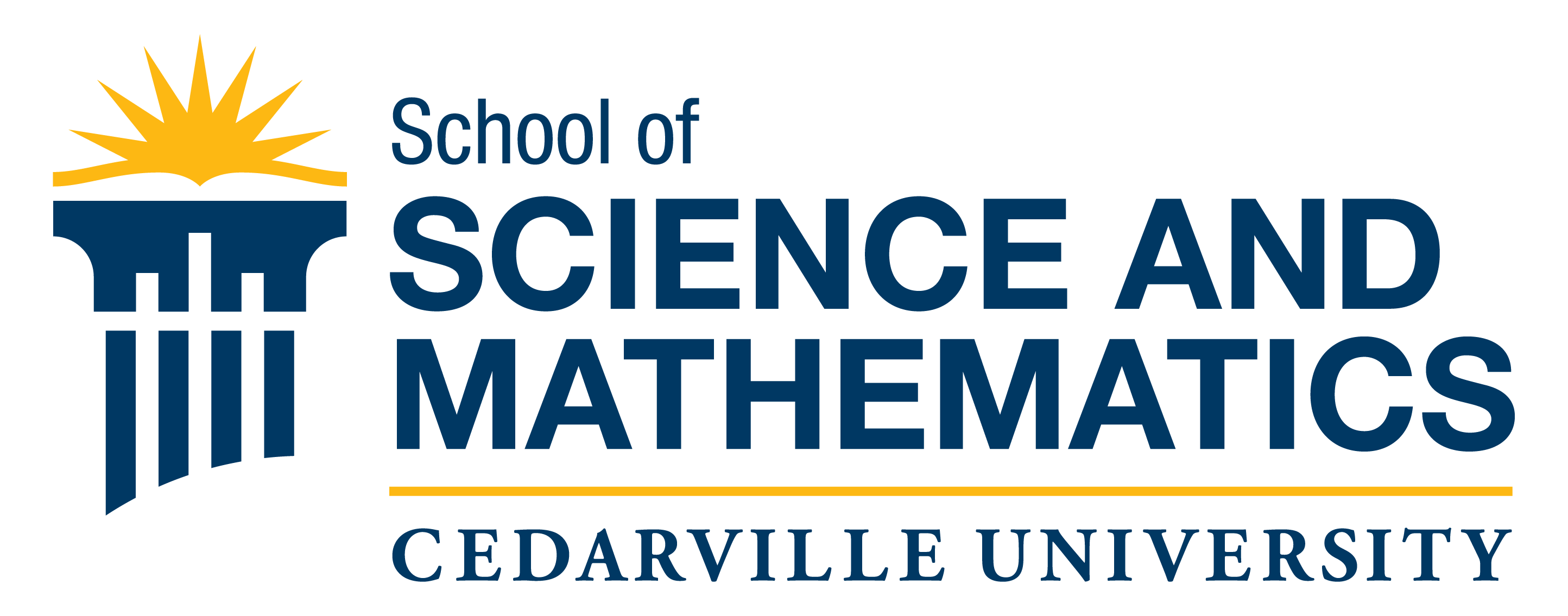Science and Mathematics Faculty Presentations
Large Eddy Simulation of Turbulent Heat Transfer in a Rotating Square Duct
Document Type
Conference Presentation
Event Date
11-23-2004
Conference/Event
APS 57th Annual Meeting of the Division of Fluid Dynamics
Location
Seattle, WA
Abstract
Turbulent heat transfer in a rotating square duct is an important topic with numerous applications such as turbine blade cooling and automobile brake cooling. Without rotation, Prandtl's secondary flow of the second kind is known to have a significant impact on the transport of heat and momentum in turbulent duct flows. With rotation, Coriolis force and centrifugal buoyancy force cause more complicated secondary flow pattern and, as a consequence, modify heat transfer coefficients. The objective of this study is to expand the capability of the current LES code to correctly predict complex turbulent flow phenomena and to gain a better understanding of the physics of turbulent flow in rotating passages.
A finite volume LU-SGS scheme is used to simulate compressible three-dimensional turbulent flow at low Mach numbers. Time derivative preconditioning is employed to deal with the low Mach number situation. A localized dynamic subgrid-scale (SGS) model is used to evaluate the unresolved stresses. The calculation domain is divided into two parts. In the first part periodic boundary conditions are applied and this provides the fully developed inlet flow for the second part in which the heat transfer conditions are imposed. Characteristic out-flow conditions are used in the second part. This allows the flow to develop further as it responds to the heating condition. The code is parallelized using MPI (Message Passing Interface).
To verify the code, we calculated isothermal rotating duct cases and compared our results with DNS and experimental results. Then heated duct flow cases were simulated and the results were compared to available data. Good agreement has been obtained.
Keywords
Ducts, Turbulent heat transfer, Large eddy simulation
Recommended Citation
Qin, Zhaohui (George) and Pletcher, Richard H., "Large Eddy Simulation of Turbulent Heat Transfer in a Rotating Square Duct" (2004). Science and Mathematics Faculty Presentations. 154.
https://digitalcommons.cedarville.edu/science_and_mathematics_presentations/154



